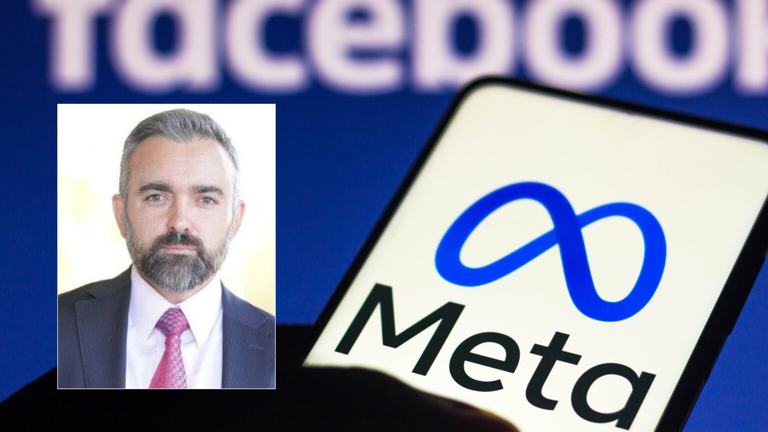The social networking firm owned by Mark Zuckerberg, META, would have removed the proof gathered during an inquiry into allegations of child abuse on its sites.
This is what Raul Torrez, the attorney general of New Mexico, is alleging in his case against the business that runs WhatsApp and Messenger in addition to Facebook and Instagram.
Virtual spaces are also used to trade child pornography and entice kids for sex; Raul Torrez chose to sue META for this reason after doing research using bait accounts belonging to people who were 14 years of age or younger.
The prosecutor's office stated that the evidence gathered demonstrated how META permits pedophiles to behave unhindered on its social media platforms. Despite being aware of the severe harm that their products might do to young users, Mr. Zuckerberg and other executives have not changed their ways sufficiently. It's evident that they still put ad income ahead of security.
However, there's more, as META would not be working together. Interestingly, the day after the complaint was filed, according to Torrez's office, the corporation allegedly disabled the accounts used for the inquiry.
Torrez notes that the identical accounts had been allowed to run unhindered for months by META. All of the work that was done would have been hampered if this had allowed the investigators to keep gathering information. Not only would META have deleted the accounts, but it would have also stated that it intended to remove all of the data within 30 days, retaining only the information that the company considered pertinent.
Arturo Béjar, a former employee of META, stated that his team had found that 13% of Instagram users under 16 get sexual solicitations on a weekly basis.
The ex-worker revealed that her daughter had experienced harassment on Instagram as well. Twenty-six percent of the teenage people surveyed by his organization also reported having seen instances of violence or prejudice online.
Nevertheless, META is the target of several such lawsuits in addition to the one from New Mexico. Roughly forty states' attorneys general have charged the business with intentionally encouraging kids and teenagers to become dependent on and obsessive users of social media, especially Instagram.
